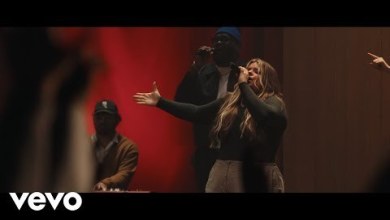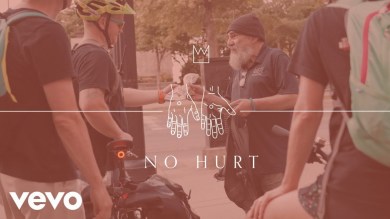Families|June 29, 2015 12:09 EDT
Americans React with Shock as Charleston Victims' Families Choose to Forgive Dylann Roof for Deadly Shootings
In a week that few in the Christian community will be able to forget, the aftermath of the Charleston church shooting stirred controversy among many that the shooting affected. Of course, while some choose to view the event as simply a race issue, the deeper connotations of the shooting having taken place in the historic Emanual African Methodist Church meant that there are feelings of betrayal, fear and heartbreak in the hearts of fellow churchgoers, as well. However, when many of the Charleston victim's families spoke out last week in favor of forgiveness for their loved ones' killer, activists reacted with shock, and at times, dismay.
"You have killed some of the most beautiful people that I know," said Felicia Sanders, whose son, Tywanza Sanders, was one of the nine that we killed on Wednesday, June 17. "Every fiber in my body hurts, and I'll never be the same. Tywanza Sanders was my son, but Tywanza was my hero."
Felicia was not the only one to choose to use her son's tragic killing as an opportunity to shine a light on the forgiveness and redemption offered through Christ. The widower of Myra Thompson, Anthony Thompson, also offered forgiveness to the 21-year-old perpetrator of the unthinkinkable crime.
In his address on Friday (punctuated by an a capella rendition of Amazing Grace that didn't leave a dry eye in attendance), President Obama seemed to imply that murded pastor Rev. Clementa Pickney would choose forgiveness for the killer himself. Speaking of the state assemly member, Obama said, "Rev. Pinckney embodied a politics that was never mean, nor small. He encouraged progress not by pushing his ideas along, but by seeking out your ideas... [He] embodied that our Christian faith demands deeds, not just prayer."
Speaking to the fact that the tragedy did occur at a Wednesday night prayer meaning, Obama added, "Our pain cuts that much deeper because it happened in a church."
In a popular op-editorial on the New York Times, Bad Feminist author Roxane Gay admitted that the response of those family members that publically forgave the shooter was awe-inspiring. "I deeply respect the families of the nine slain who are able to forgive this terrorist and his murderous racism. I cannot fathom how they are capable of such eloquent mercy, such grace under such duress." However, Gay said, she does not seek to emulate their attitude, stating, "The call for forgiveness is a painfully familiar refrain when black people suffer," and that she is "done forgiving."
Dr. Stacy Patton, in her article of the same vein for the Washington Post, called the outpouring of forgiveness "disconcerting, to say the least." Patton wrote, "For these Christians whose deep faith tradition holds forgiveness as a core principle, offering absolution to [the shooter] is about relieving the burden of anger and pain of being victimized. In this regard, forgiveness functions as a kind of protest, a refusal to be reduced to victims. It sends the message to the killer that he may have hurt them, but they are the true victors because they have not been destroyed. Yet, the almost reflexive demand of forgiveness, especially for those dealing with death by racism, is about protecting whiteness, and America as a whole. This is yet another burden for black America."
An editorial in the Boston Globe took a similar stance, although writer Alex Beam connects the lack of forgiveness he advocates not with blackness, but with what he sees as a Biblical frame. Beam says of the punishment the shooter deserves, "'Eternal condemnation' is a fate too good for this young man."
While it is not surprising that those that do not adhere to Christian principles would find the shocking choice to forgive the perpetrator of such horror baffling, it is another thing entirely to imagine that these writers -- and many more -- could find the victims' families' forgiveness to be harmful. As the narrative of the hearing and sentencing for the Charleston church shooter continues to develop, this is sure to be a conversation that continues in the public dialogue.
What do you think? Was the forgiveness offered by the families evidence of a default racial expectation? Do they succeed at breaking down racial and victimization stereotpyes by offering forgiveness -- or do they enforce them further? Leave your comment below.












